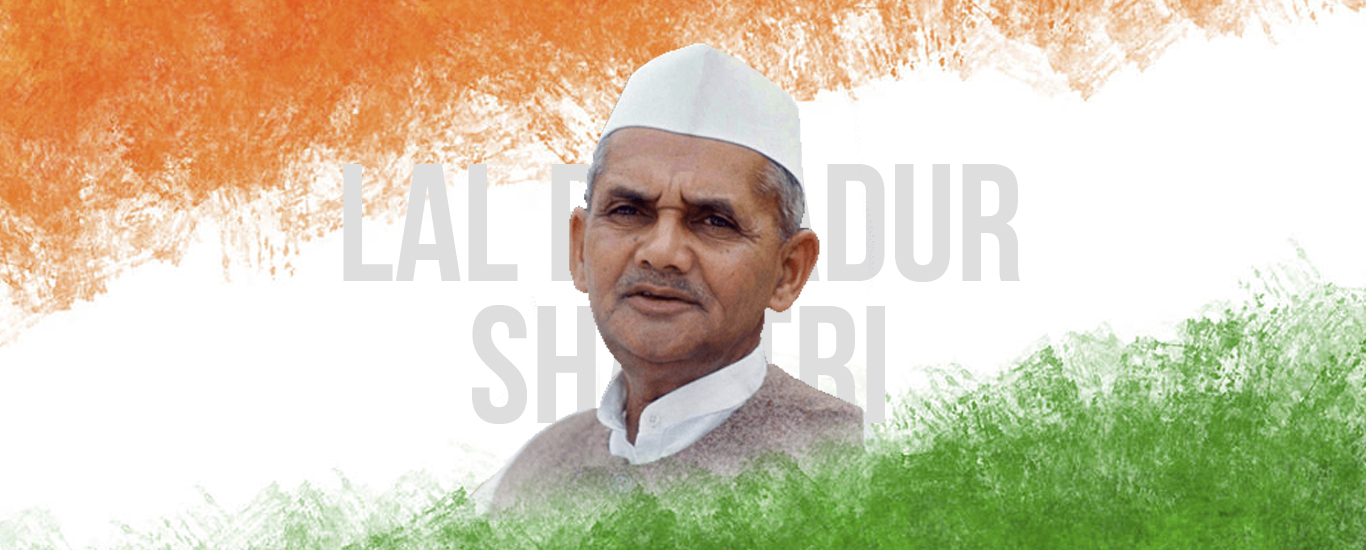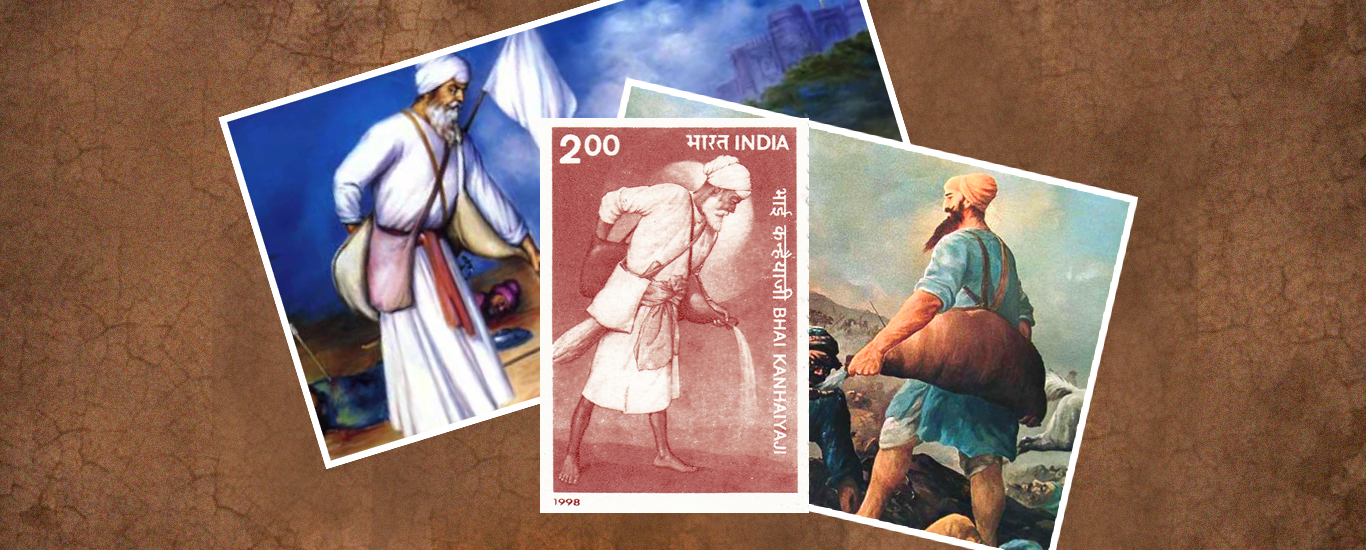Savitribai Phule
“ I am doing a sacred task of teaching my young sisters, the stones pelted at me are like flowers”, words by Savitribai Phule, a woman whose story made history. She was the first ever female teacher of India.
Why do girls go to school? Seems like a weird question today. But this was a more often asked question raised by people of her time. But the answer to their question was the life that she had lived.
Every girl in India owes a big thanks to Savitribai Phule. She is the reason for which girl education in India is at least better. She is the reason why girls go to school in India.
Beginning Of Her Story
Her story begins on 3 January 1831, 190 years ago when Savitribai was born in Maharashtra into a Mali community. In 1840 she got married to Jyotirao Phule, who was a 13 year old young boy and she was just 10. Girls in those days were married off early. Jyotirao went on to become a writer, thinker, social activist and anti-caste social reformer. Young Savithri was lucky, her husband taught young Savitri to read and write after he saw her eagerness to learn and educate herself. She started learning after her marriage. Education for girls was denied at that time. So that girls don’t go to school. Education was allowed only to upper caste men but she was from lower caste and of course she was a woman.
Establishment Of Their First Girls School
Savitribai and Jyotirao Phule defied social norms to educate themselves. Within 8 years of their married life they started the first ever school for girls in India. It is great to appreciate such an initiative and give support. But here it was different. They were treated as outcasts not only by strangers but also by their families. Jyotirao was thrown out of his house by his own father. But this power couple responded by opening another school for Dalits and continued opening many schools till they reached 18 schools. The curriculum of these schools focused on science, social science and mathematics.
Their Success And Major Activities
From 8 girls in 1848 to 150 girls in 1850 they have progressed. The number of girls attending the schools run by the Phule’s far exceeded the number of boys. Savitribai was also responsible for setting up a feminist organization, the Mahela Seva Mandal where women across all class, caste, religion were welcome. She was very vocal for her support for widow remarriage and actively campaigned against child marriage. As an act of protest against the practice of shaving women’s heads she brought in a barber strike in Mumbai and Pune. She established a home for the prevention of infanticide, which welcomed expecting widows into her own house so that they could safely deliver their babies.
It was known that Savitribai had to carry one extra sari while going to school. Because while she was going to school to teach girls, people from her locality would pelt stones and garbage at her and sometimes even feces. By the time she reaches school she will be covered in all of this. Then she would change into a fresh sari and continue teaching every single day.
Their war was against inequality and their anger was against injustice. This strong couple literally stood for everything they believed in till their last breath. But when they lived they lived like criminals and their crime was worse than a murder which was unforgivable. When Jyotirao passed away in 1890, she lit his funeral pyre.
Her Publications
Savitribai wrote feisty prose and poetry inspiring the oppressed to rise up against the ruling classes. In 1854 she published Kavya Phule and in 1892 Bhavan Kashi Subhodh Rathnakar.
The Powerful Duo
Story of Savitribai would remain incomplete without mentioning Fatima Shaikh. She was another phenomenal woman who led the crusade against Brahmanical patriarchy alongside the Phule couple. Fatima’s struggle against this was double fold owing to her identity as a Muslim woman. She joined ranks with the Phule couples in their Quest to making education accessible to all, supporting them every step of the way and went on to become the first female Muslim teacher in India. The work done by the powerhouse duo of Savitribai Phule and Fatima Sheikh was one of the earliest examples of intersectional feminism in our country. They continued to be an inspiration in fighting against oppression even in contemporary times.
Savitribai’s Death
Savitribai established a clinic for the treatment of those affected by Bubonic plague. In 1897 she herself succumbed to plague while tending to a patient and died a heroic death.
Today we can see chapters about them in textbooks. Stamps seria;s and films were also there. While our history books focus on the contributions of a privileged few, let’s not forget Savitribai Jyotiba Phule. She dedicated her life to championing the cause of the oppressed.



